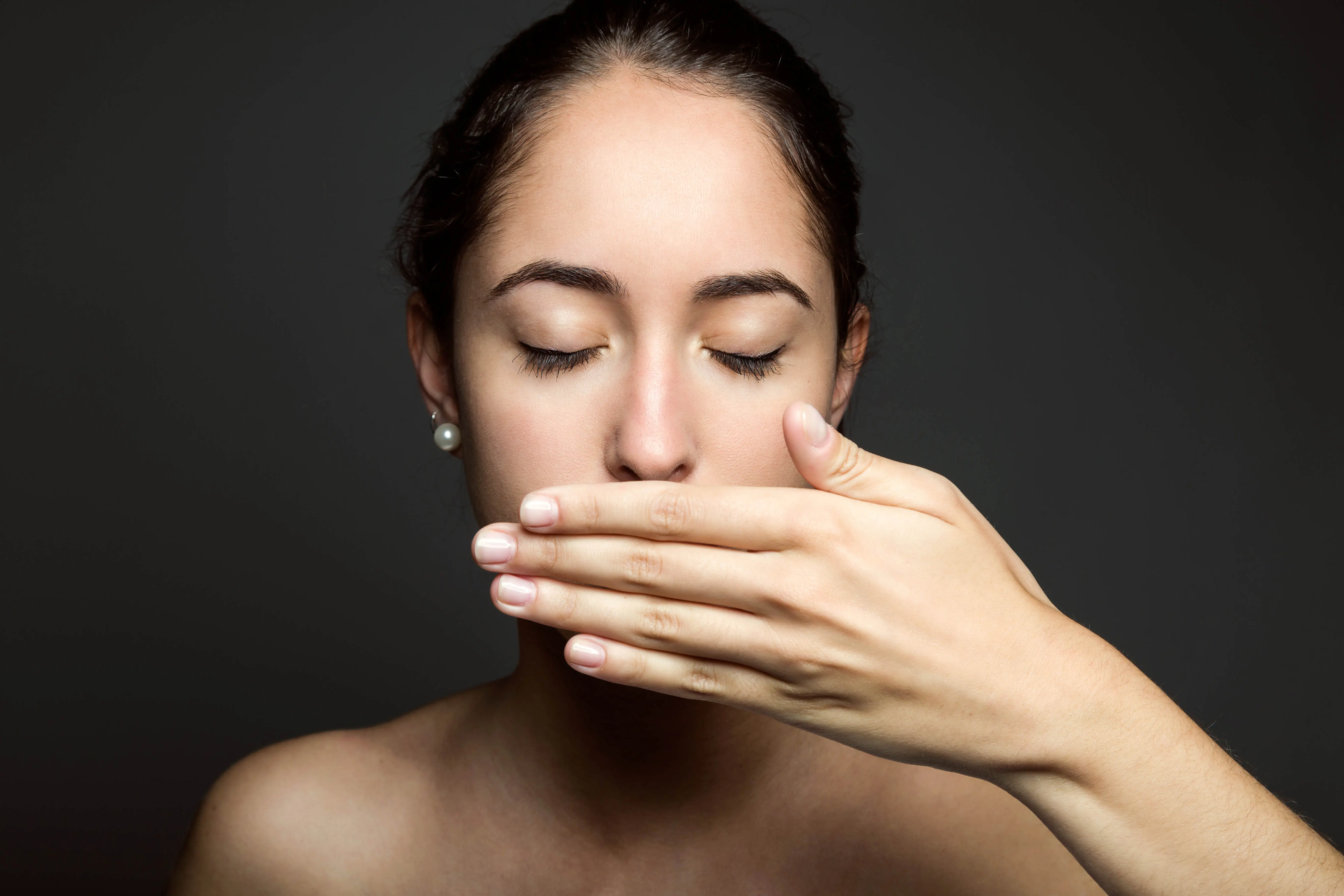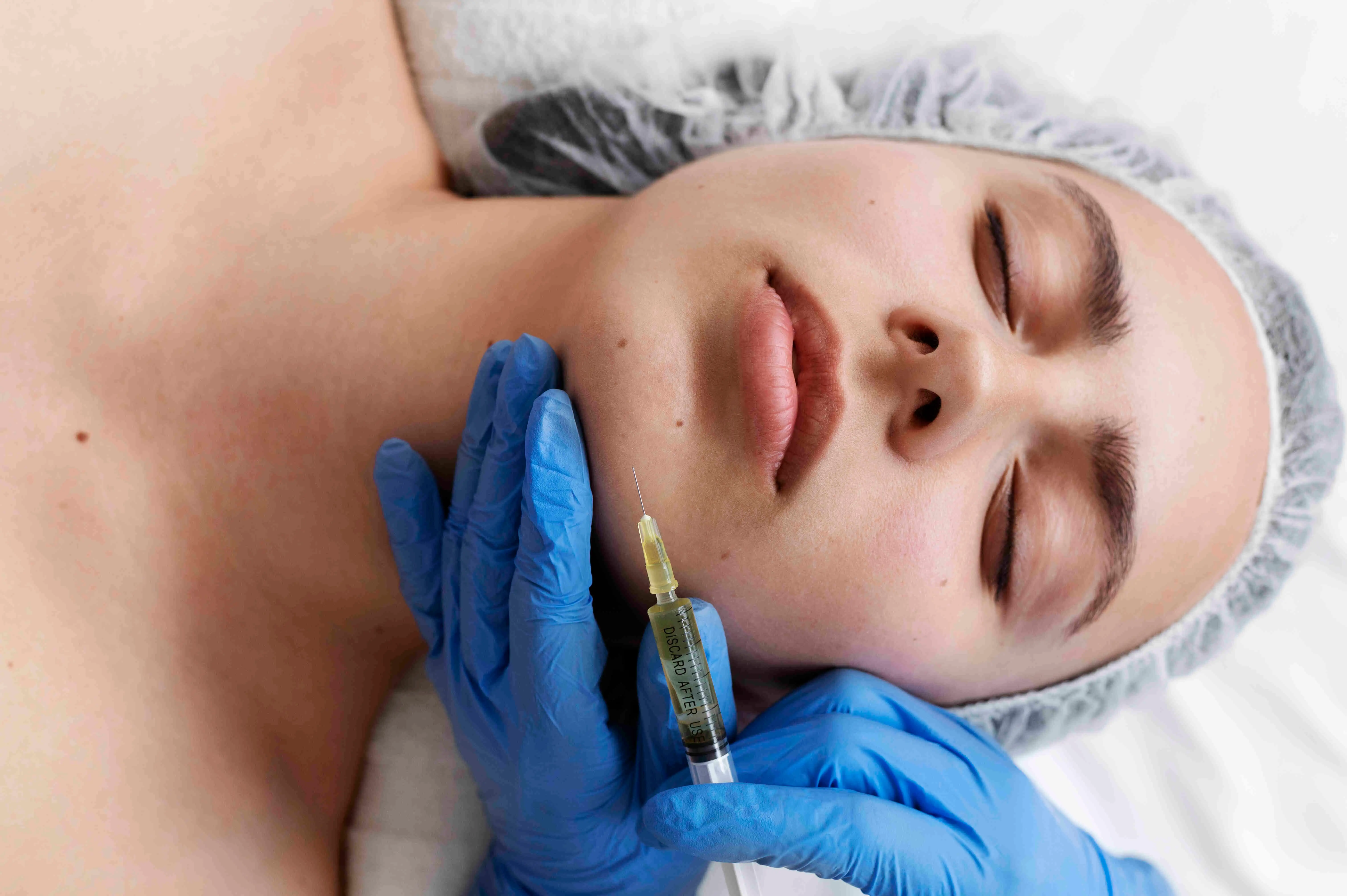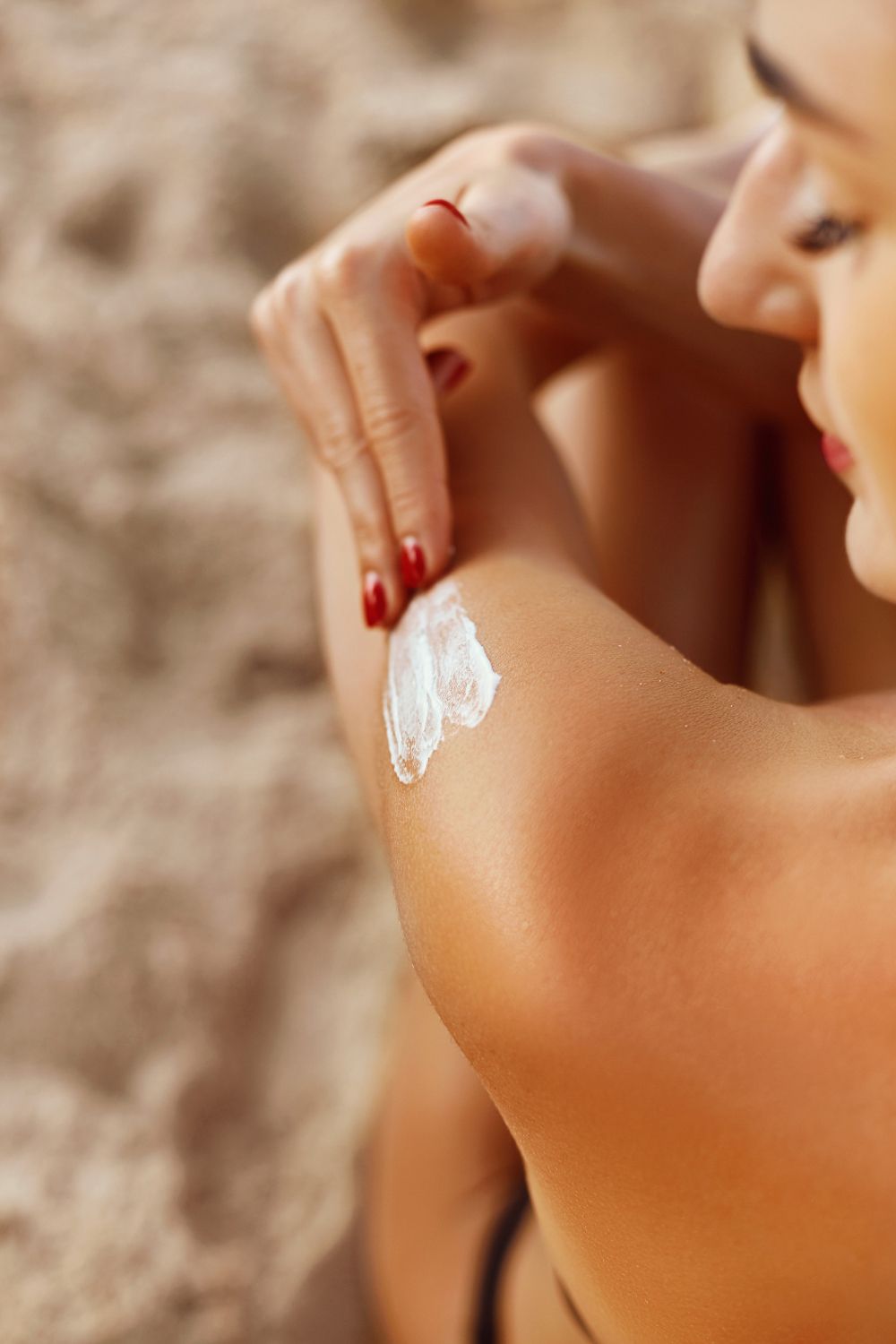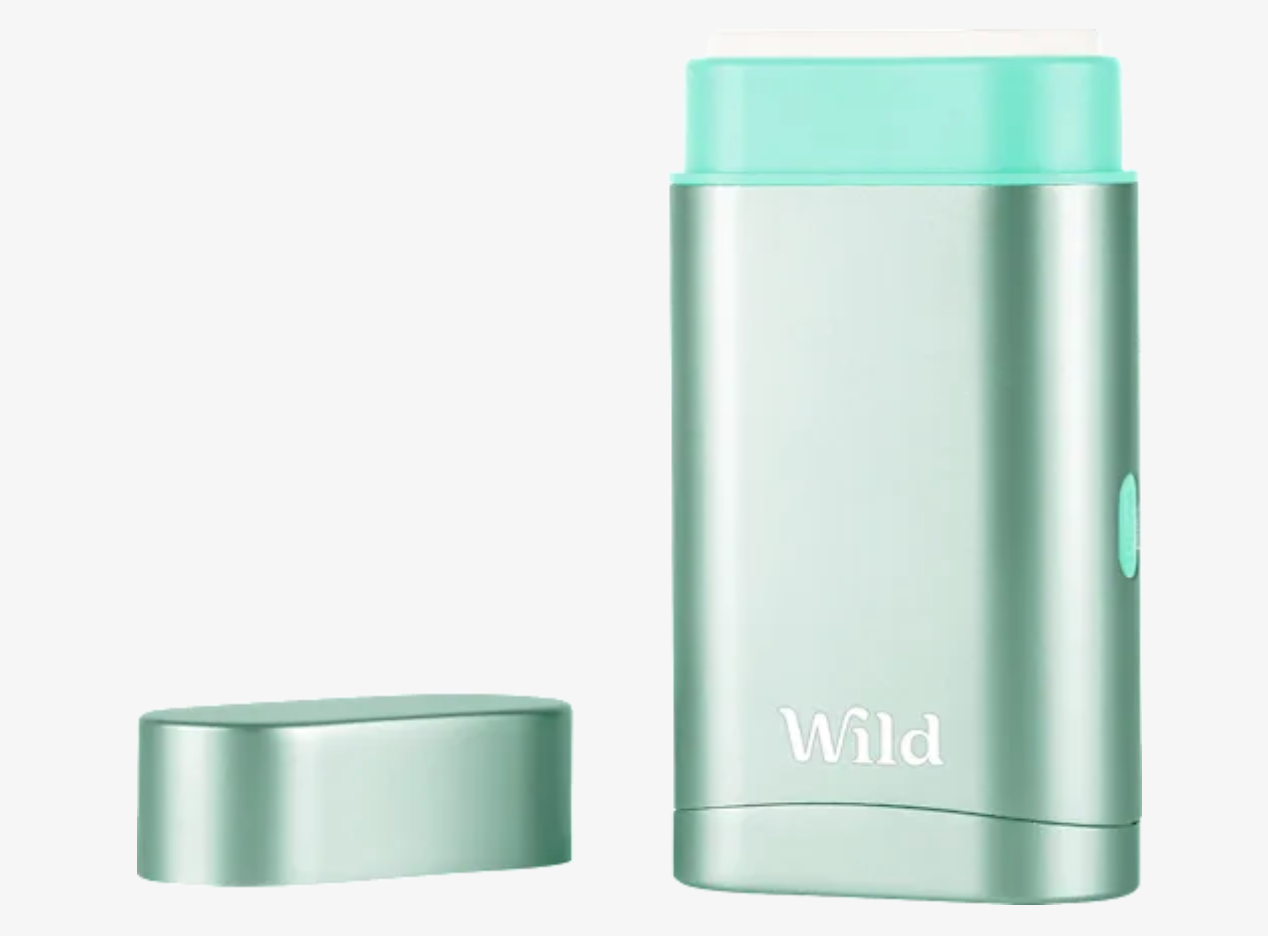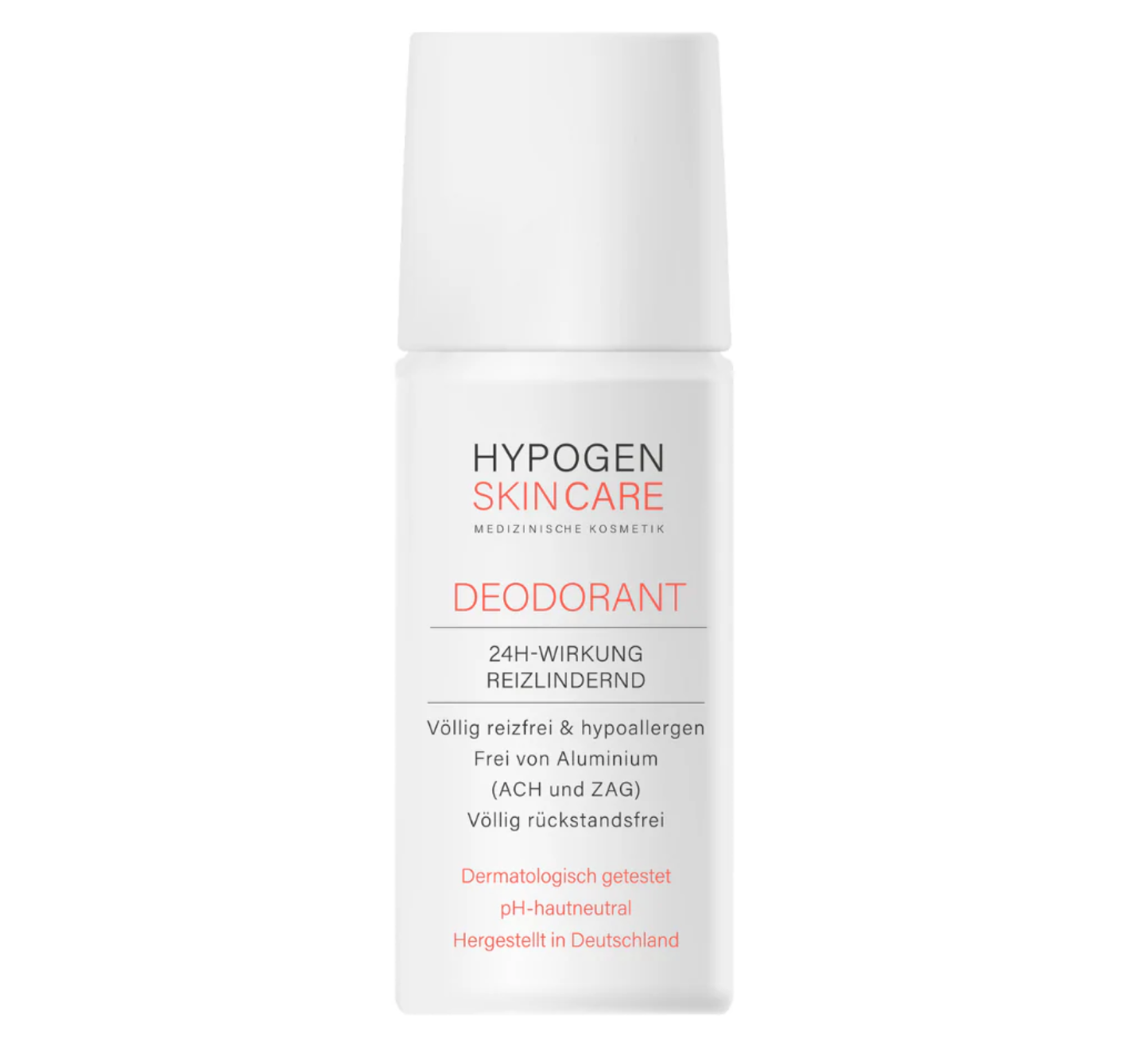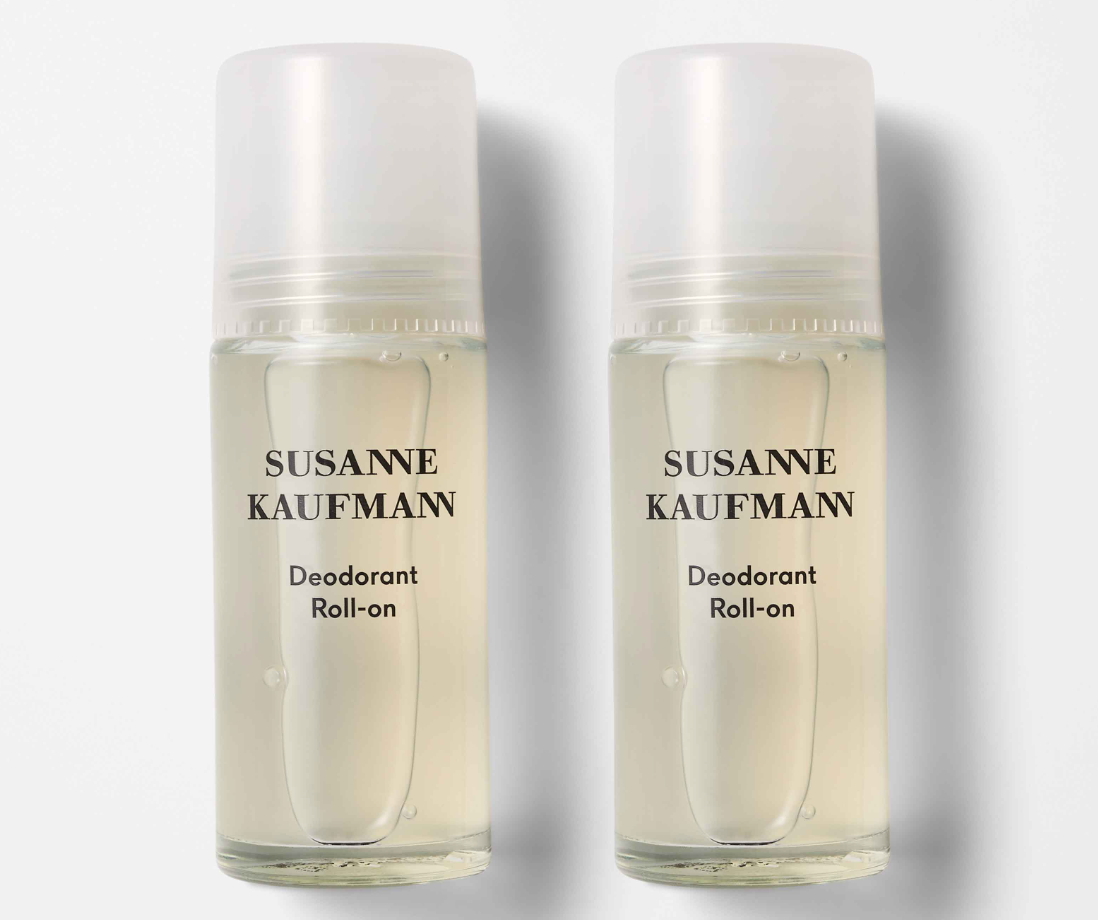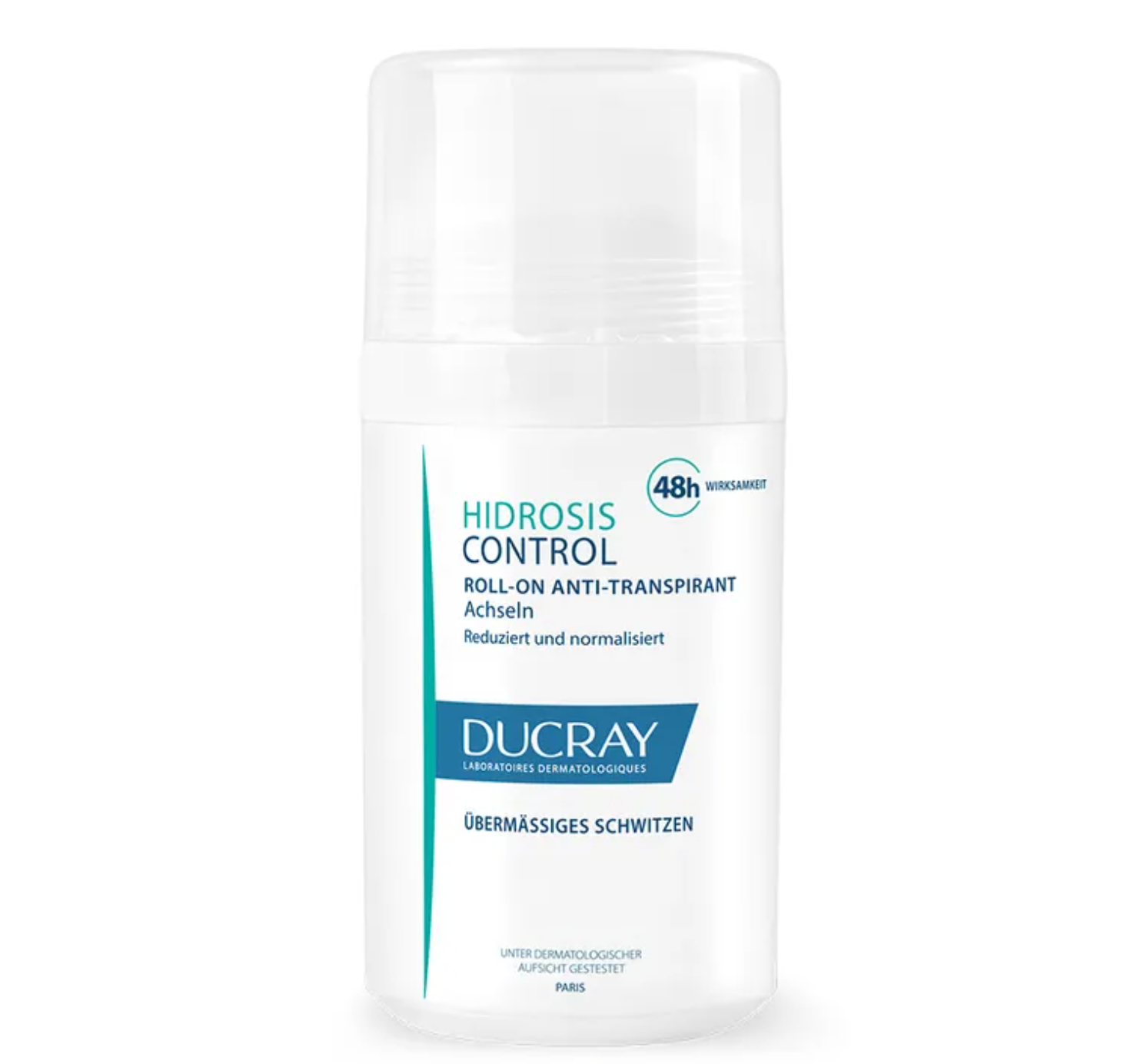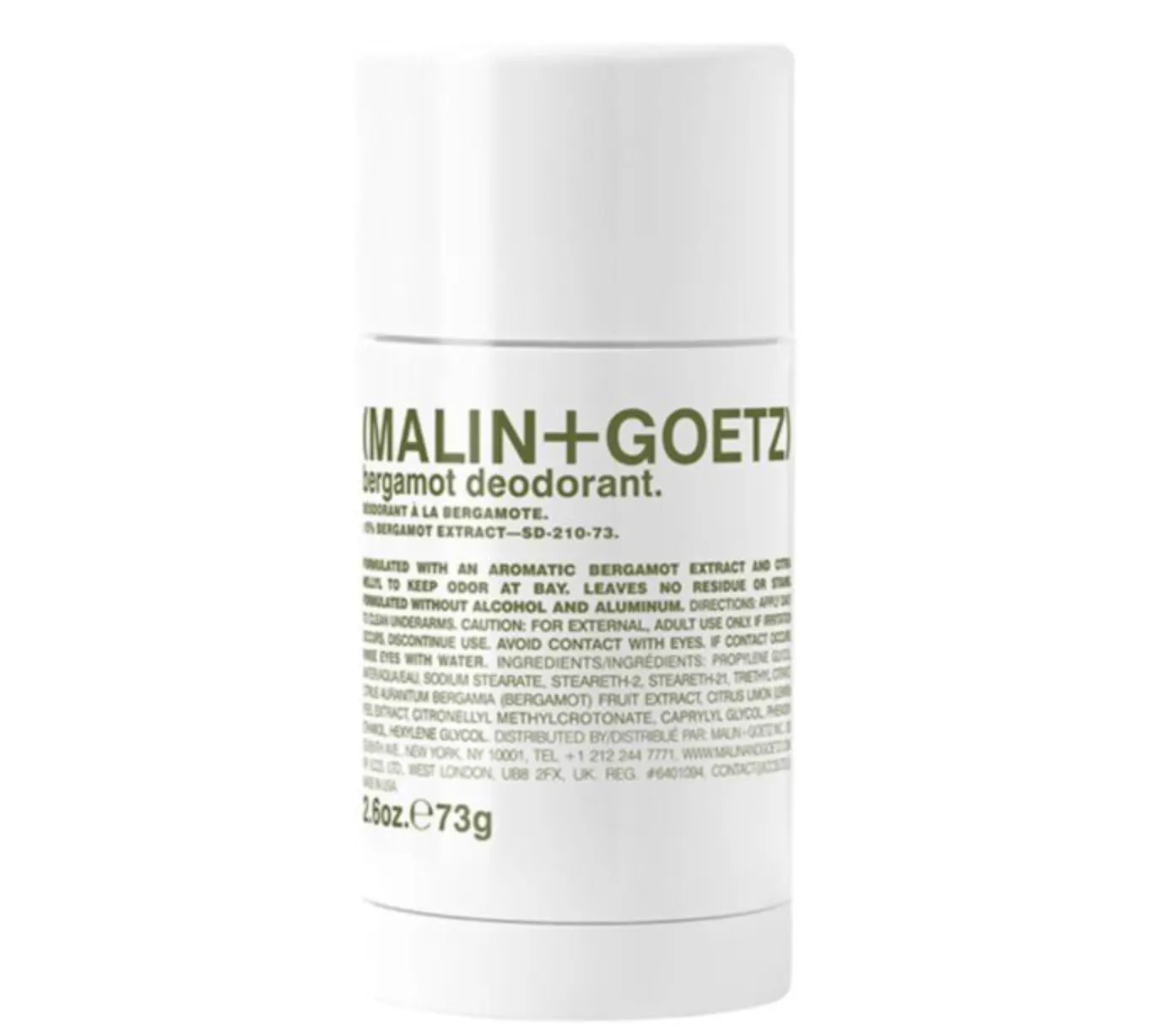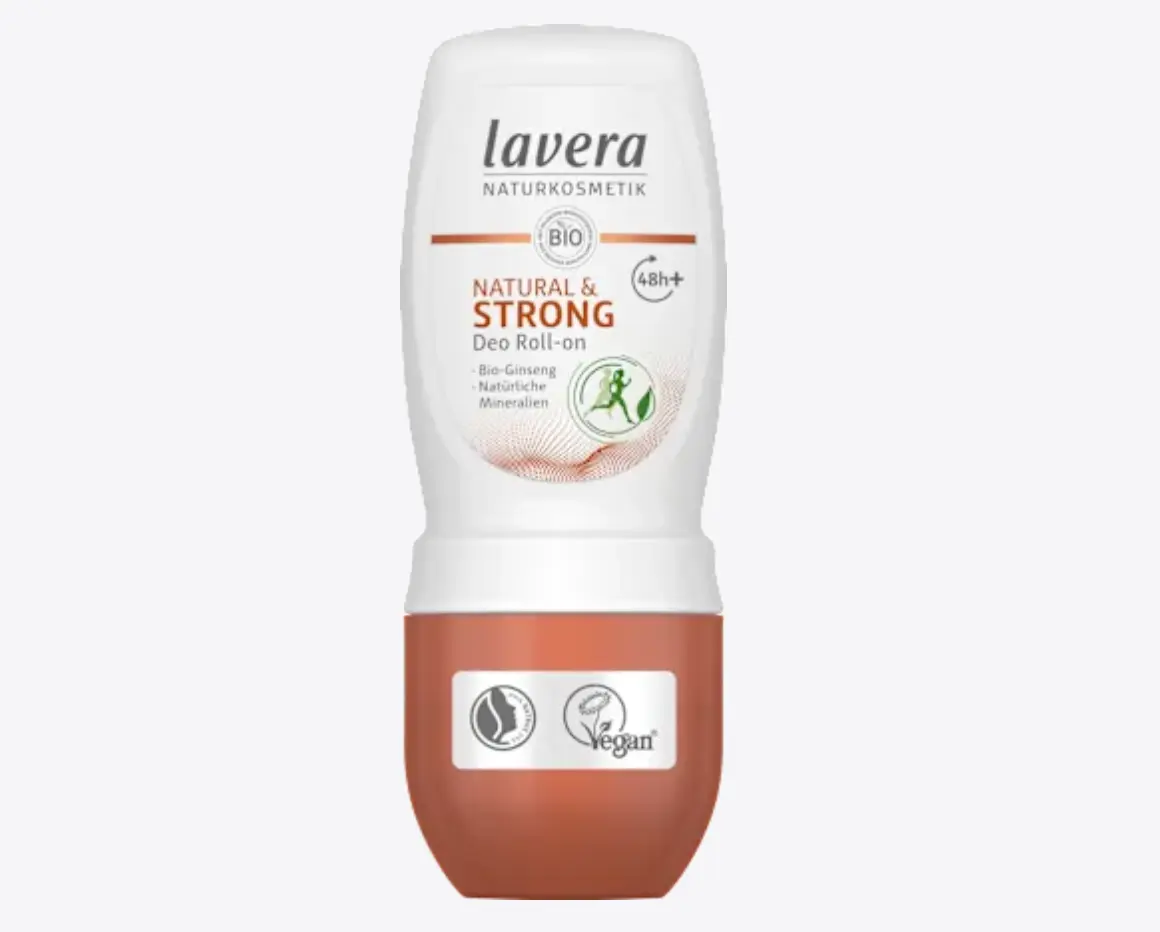A good deodorant is indispensable for many people - it ensures a long-lasting feeling of freshness and protects against unpleasant body odor. But with the wide range of products available, the question also arises: Which deodorant is right for me? And are certain ingredients potentially harmful? In this guide, you will learn everything important about deodorants, who should use which variant, and what to look out for when choosing.
What makes a deodorant?
A deodorant should primarily reduce or neutralize odor-causing bacteria on the Haut skin. These bacteria are the ones that cause the unpleasant smell when breaking down sweat products. Therefore, the focus of classic deodorants is on odor control.
Difference between deodorant and antiperspirant
Many people think that deodorant and antiperspirant are the same, but there is an important difference:
- Deodorant: Neutralizes odors and reduces the number of bacteria. It does not significantly affect the flow of sweat.
- Antiperspirant: Reduces sweat production by constricting sweat glands to allow less sweat to reach the skin surface. Typically, antiperspirants contain active ingredients like aluminum salts.
Many products are now available as a combination of both, but for those who only want to avoid unpleasant body odor, they usually opt for deodorant, while people with severe sweating issues also use antiperspirants.
Important ingredients in the deodorant
When choosing a deodorant, you should pay attention to the ingredients:
- Antibacterial agents: Alcohol, triclosan, tea tree oil, baking soda, zinc, or silver ions. These inhibit the bacterial growth that causes odor.
- Fragrances: For long-lasting freshness, however, they can cause irritation on sensitive skin.
- Moisturizers: Aloe Vera, glycerin, panthenol or coconut oil to protect and care for the skin.
- Aluminum compounds: Common in antiperspirants, e.g., aluminum salts such as aluminum chloride to constrict sweat glands.
Which deodorant is suitable for whom?

